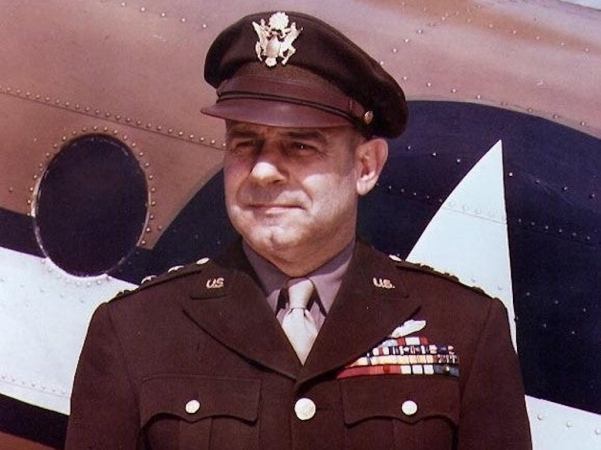Known as the Lion of Africa, General Paul von Lettow-Vorbeck was one of the most respected military minds of World War I and, reportedly, he never suffered a defeat in battle. Born in 1870 to a military family, Lettow-Vorbeck started his military career at the age of 11 by joining the cadet corps in Potsdam, Germany.
By 18, the future officer finished school as valedictorian and was appointed lieutenant of the 4th Footguards. After that, he began working with the U.S. during the historic Boxer Rebellion, where he polished his guerrilla warfare tactics. Through outstanding performance, Lettow-Vorbeck quickly worked his way up in rank.
Lettow-Vorbeck was next sent to German South-West Africa (which is known as Namibia today) to put down a rebellion fueled by Herero and Namaqua tribesmen. After suffering injuries, he was moved to South Africa to recover. In his absence, the quelling of the local insurrection devolved into what’s now considered the first instance of 20th-century genocide — nearly 100,000 locals were killed.

Afterward, the Prussian officer spent a few years back in his homeland of Germany until 1914, when he was promoted to Lieutenant Colonel and given command over colonial troops in German East Africa.
Then, World War I broke out. As war raged, the German governor of the African colony, Heinrich Schnee, was determined to remain neutral. Lettow-Vorbeck had other ideas. Knowing full-well that the African theater was a sideshow to the real war, the Lieutenant Colonel set out to entangle as many British troops as possible.
Although highly outnumbered, Lettow-Vorbeck and his men successfully held a front using guerrilla tactics and avoiding fighting out in the open — a smart move when you have fewer troops than the opponent. Lettow-Vorbeck’s maneuvers helped defeat the British, Belgian, and Portuguese armies. For his actions, he was promoted to the rank of major general. The new general was well-respected by all of men, including the Askari troops he commanded due to the fact that he was fluent in Swahili, their native tongue.
Once the war had ended, he returned to Germany and received a massive, hero’s welcome from his countrymen.

Although the general was a known anti-semite, he wasn’t a faithful member of the Nazi party. Because of this, Lettow-Vorbeck maintained a great distrust of Adolf Hitler. In letters he wrote, he expressed a thorough distaste for Hitler’s racist rhetoric.
In fact, when Hitler offered him the ambassadorship to the Court of James in 1935, he told Hitler to go f*ck himself.
Some literature suggests that Lettow-Vorbeck didn’t use those exact words — in fact, his words weren’t so kind.


























